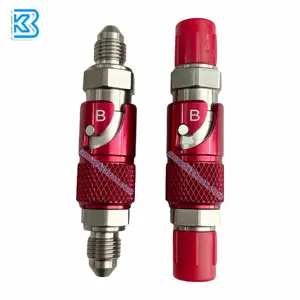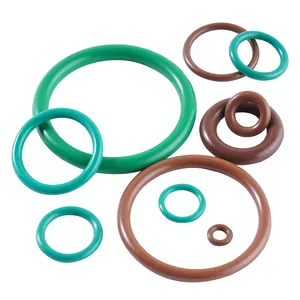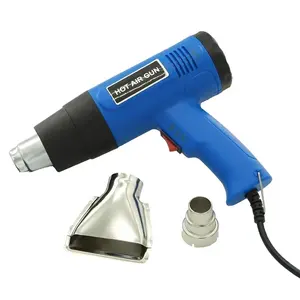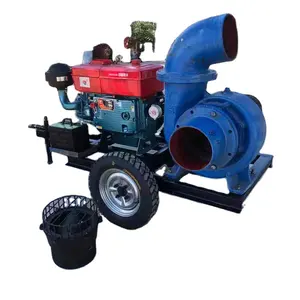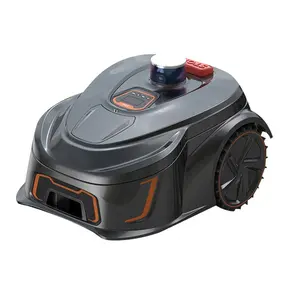Popular in your industry



































































































































































































Top categories
About gate valve dn15
Understanding Gate Valve DN15
Gate valves, specifically the gate valve DN15, are a fundamental component in the control of fluid flow within industrial and commercial piping systems. These valves, designed to start or stop the flow of a liquid, are not intended for regulating flow. The DN15 denomination indicates a nominal diameter of 15 millimeters, suitable for small-scale applications.
Types and Materials
The gate valve DN15 comes in various types, each tailored for specific scenarios and fluids. Common materials used in their construction include stainless steel, known for its corrosion resistance, carbon steel for its strength in high-pressure environments, and alloys for specialized applications. The choice of material affects the valve's suitability for normal, medium, or high-temperature operations.
Features and Applications
A gate valve DN15 is characterized by its straightforward operation, typically operated by a wheel to move the gate up or down. Its design is conducive to applications requiring a secure shut-off, such as in water and wastewater treatment plants, in the oil and gas industry, or in residential complexes for water distribution.
Advantages of Gate Valve DN15
The advantages of using a gate valve DN15 include its ability to provide a tight seal and its minimal resistance to flow when fully open. These valves are also advantageous in systems requiring a valve that can be left either completely open or closed for extended periods.
Selection Considerations
When selecting a gate valve DN15, considerations should include the type of fluid, pressure requirements, and the temperature range of the application. It is crucial to match the valve's specifications with the system's needs to ensure optimal performance and longevity.
Maintenance and Durability
Maintenance of a gate valve DN15 is relatively low-key but crucial for ensuring its durability and reliable performance. Regular inspections can help identify any potential issues before they lead to system downtime or costly repairs.
